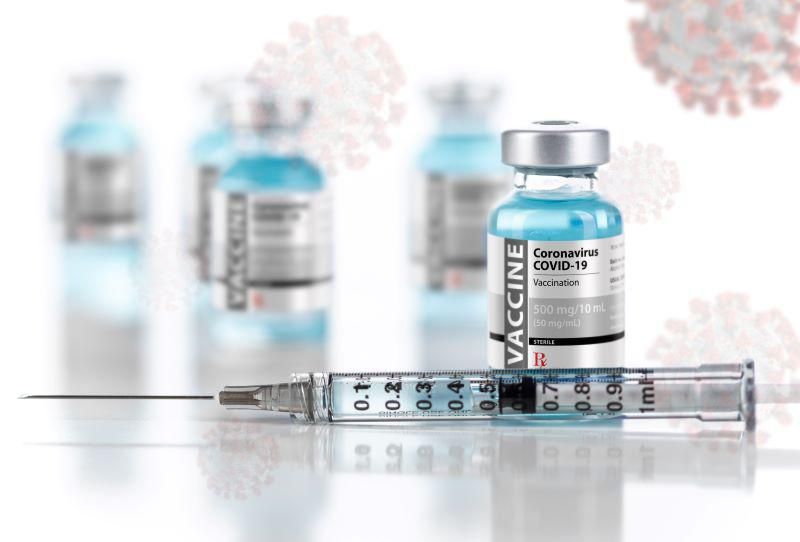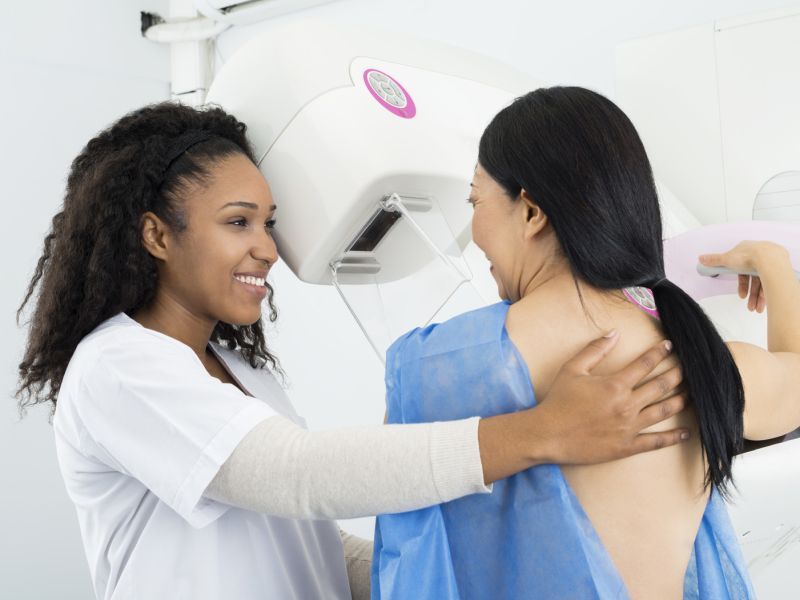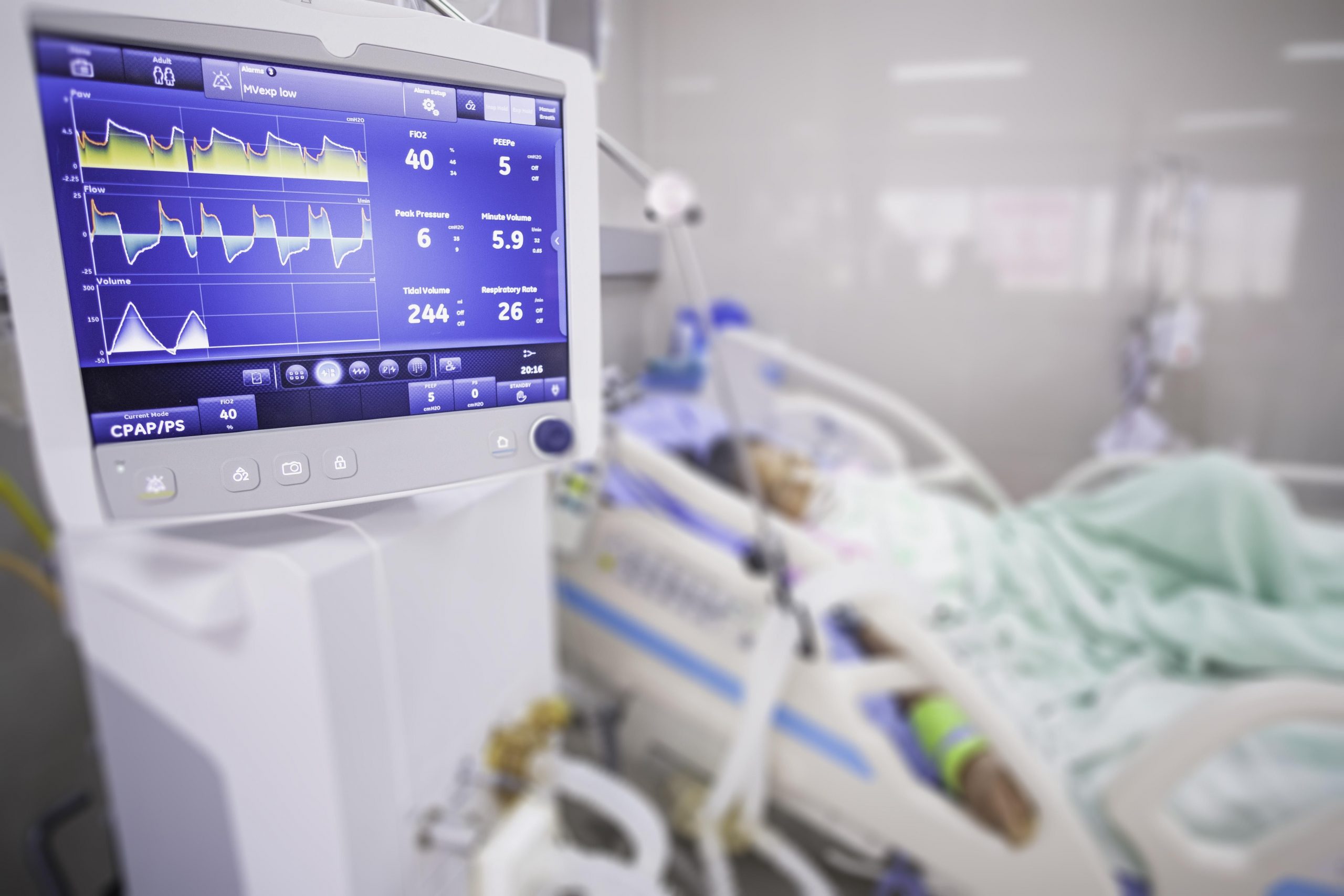
Millions of people who live with the pain and stiffness of arthritis in their hands get steroid or hyaluronic acid injections directly into their finger joints in the hopes of feeling better. Now, a new review shows that even though these injections are widely recommended in treatment guidelines, they don’t really work. Joint injections to… read on > read on >






























